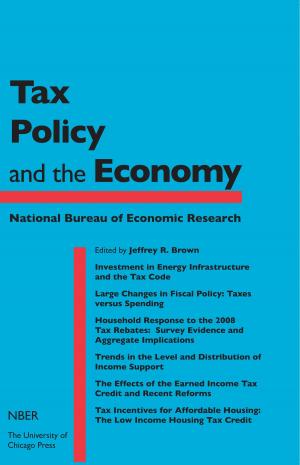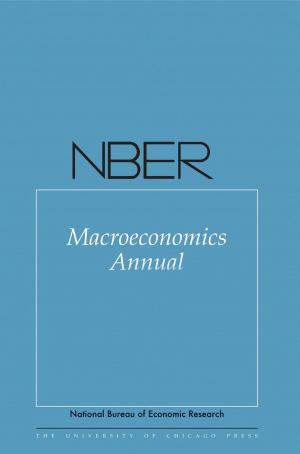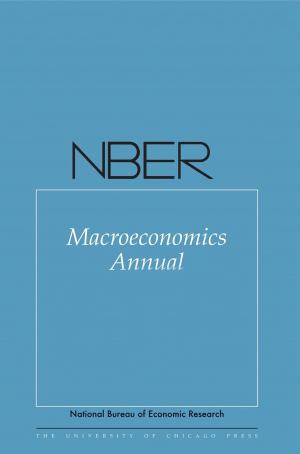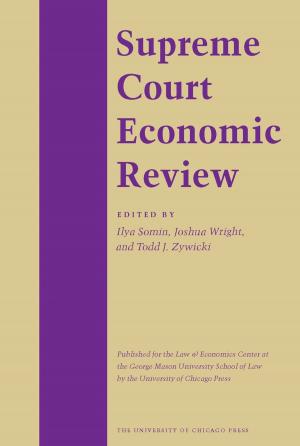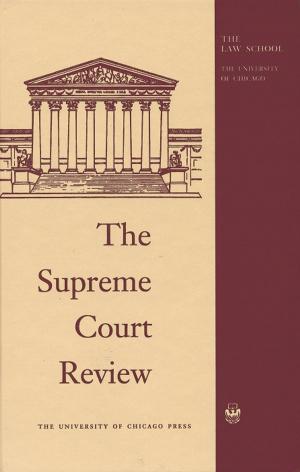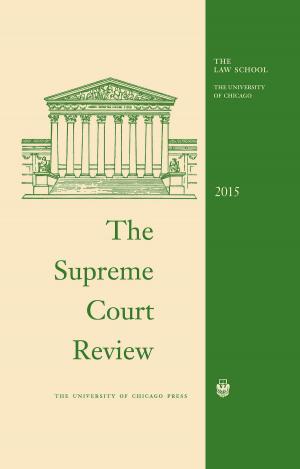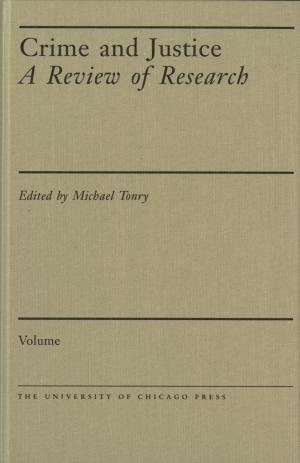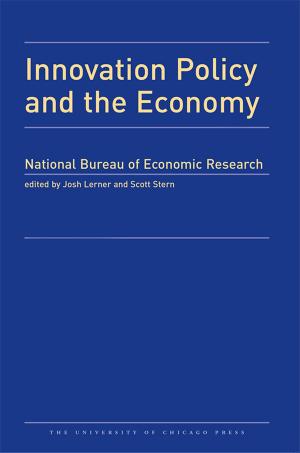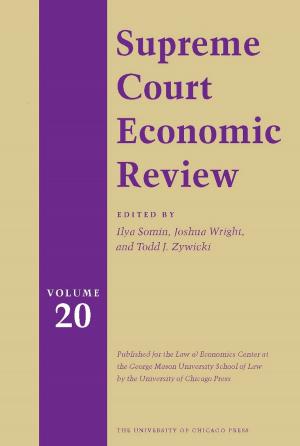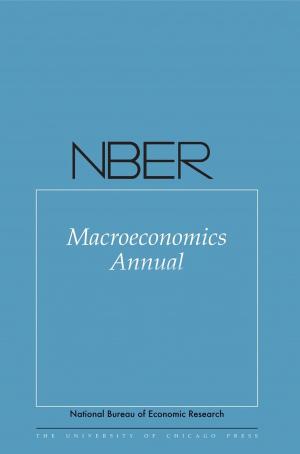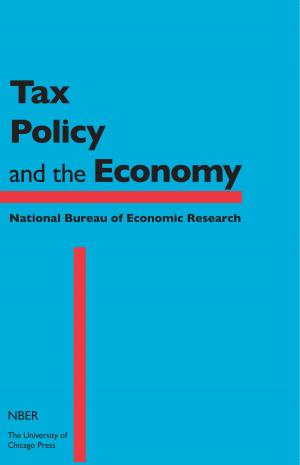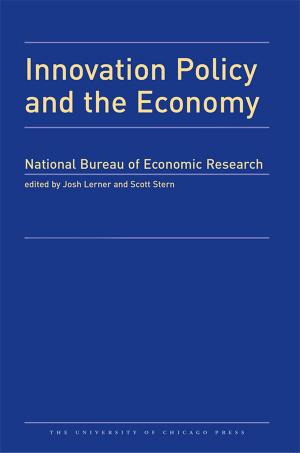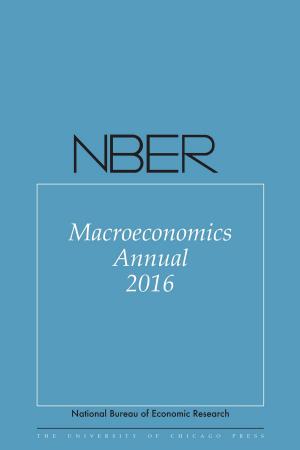| Author: | ISBN: | 9780226165547 | |
| Publisher: | University of Chicago Press Journals | Publication: | May 22, 2014 |
| Imprint: | University of Chicago Press Journals | Language: | English |
| Author: | |
| ISBN: | 9780226165547 |
| Publisher: | University of Chicago Press Journals |
| Publication: | May 22, 2014 |
| Imprint: | University of Chicago Press Journals |
| Language: | English |
The twenty-eighth edition of the NBER Macroeconomics Annual continues its tradition of featuring theoretical and empirical research on central issues in contemporary macroeconomics. As in previous years, this volume not only addresses recent developments in macroeconomics, but also takes up important policy-relevant questions and opens new debates that will continue for years to come. The first two papers in this year’s issue tackle fiscal and monetary policy, asking how interest rates and inflation can remain low despite fiscal policy behavior that appears inconsistent with a monetary policy regime focused only on inflation and output and not on fiscal balances as recently observed in the U.S. The third examines the implications of reference-dependent preferences and moral hazard in employment fluctuations in the labor market. The fourth paper addresses money and inflation, analyzing the long run inflation rate, the coexistence of money with pledgeable and money-like assets, and why inflation did not increase in response to business-cycle fluctuations in productivity. And the fifth looks at the stock market and how it relates to the real economy. The final chapter discusses the large and public shift towards more expansionary monetary policy that has recently occurred in Japan.
The twenty-eighth edition of the NBER Macroeconomics Annual continues its tradition of featuring theoretical and empirical research on central issues in contemporary macroeconomics. As in previous years, this volume not only addresses recent developments in macroeconomics, but also takes up important policy-relevant questions and opens new debates that will continue for years to come. The first two papers in this year’s issue tackle fiscal and monetary policy, asking how interest rates and inflation can remain low despite fiscal policy behavior that appears inconsistent with a monetary policy regime focused only on inflation and output and not on fiscal balances as recently observed in the U.S. The third examines the implications of reference-dependent preferences and moral hazard in employment fluctuations in the labor market. The fourth paper addresses money and inflation, analyzing the long run inflation rate, the coexistence of money with pledgeable and money-like assets, and why inflation did not increase in response to business-cycle fluctuations in productivity. And the fifth looks at the stock market and how it relates to the real economy. The final chapter discusses the large and public shift towards more expansionary monetary policy that has recently occurred in Japan.


